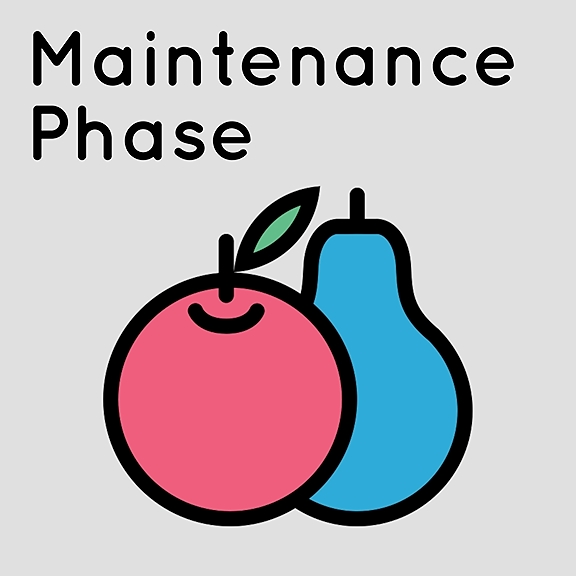
Trusting Your Body's Set Point in Eating Disorder Recovery S1 E66
Summary
Lucy of LV Recovery shares her personal journey of overcoming an eating disorder and becoming a recovery coach. She emphasizes the importance of finding your own path to recovery and not comparing yourself to others. Lucy discusses the challenges of body dysmorphia and the impact of the eating disorder on relationships. She also highlights the need for love and support from family and loved ones during the recovery process. In this conversation, Lucy and Heather discuss the physical challenges of recovery from an eating disorder. They talk about the symptoms of edema, including swelling and fluid retention, and how it is a sign of the body healing. They also discuss the digestive issues that can occur during recovery, such as bloating and changes in food tolerances. They emphasize the importance of trusting the body's set point and allowing it to find its natural weight. They also address the fear of extreme hunger and the need to relearn portion sizes. Lucy shares her contact information for those seeking support.
Takeaways
Recovery from an eating disorder is a personal journey, and it's important to find your own path and not compare yourself to others.
Body dysmorphia can distort our perception of ourselves, making it difficult to see our true appearance.
During recovery, it's crucial to have a support system of loved ones who show love and care rather than trying to control or fix the person.
Seeking permission to eat can be a helpful starting point in recovery, but it's important to eventually take ownership and do it for yourself.
Guilt is a common emotion in eating disorders, and it's important to work through it and focus on the life you want rather than the body you think you want. Edema, or swelling, is a common symptom of recovery from an eating disorder and is a sign of the body healing.
Digestive issues, such as bloating and changes in food tolerances, are normal during recovery and can be attributed to the body relearning how to digest food.
Trusting the body's set point is crucial in recovery, as the body knows what weight it needs to be at for optimal health.
Extreme hunger is a normal part of recovery and is the body's way of replenishing energy and nutrients.
Relearning portion sizes and listening to the body's hunger and fullness cues is important in establishing a healthy relationship with food.
Seeking support from professionals and building a positive community can be helpful in navigating the challenges of recovery.




















